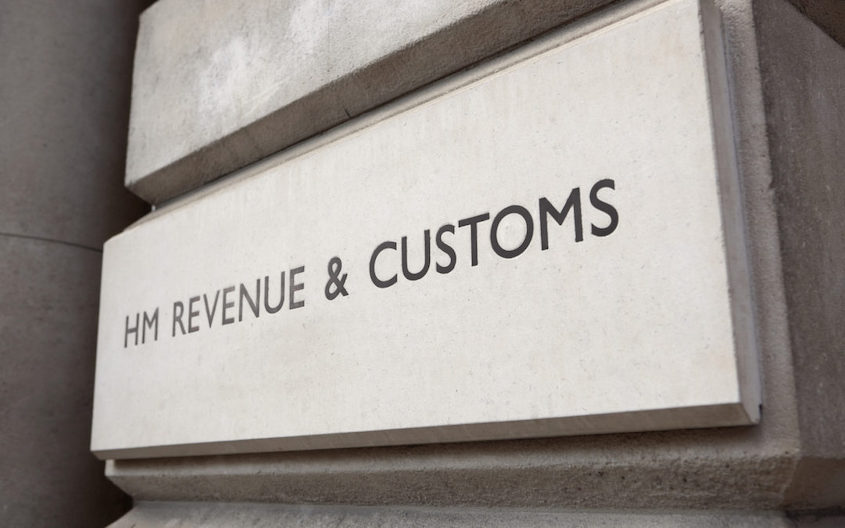Deadline to Avoid Higher UK Tax Penalties Approaching

HM Revenue & Customs Sign outside the main London office on Whitehall, Westminster, London, UK.
If you are a UK taxpayer, you have up to 30 September to declare any foreign income or profits on offshore assets. This also includes nondisclosure of tax due on UK assets by non-UK residents of any nationality. The information is provided by HM Revenue & Customs (HMRC) and Charted Insurance Institute (CII).
The new legislation is called ‘Requirement to Correct’. It requires UK taxpayers to notify HMRC about any foreign tax liabilities relating to UK tax, capital gains tax or inheritance tax.
Many people don’t realise they have to declare their foreign financial interests. If you are not sure, here are some examples. Under the rules, if you are renting out a property abroad, transferring income and assets from one to another country, or even renting out a UK property when living abroad, you could face a tax bill in the UK.
There’s no way to scape
The UK Government is putting on their efforts in tackling offshore tax evaders.
According to Mel Stride, Financial Secretary to the Treasury “since 2010 we have secured over £2.8bn for our vital public services by tackling offshore tax evaders, and we will continue to relentlessly crack down on those not playing by the rules”.
“This new measure will place higher penalties on those who do not contact HMRC and ensure their offshore tax liabilities are correct. I urge anyone affected to get in touch with HMRC now”.
Also, from 1 October more than 100 countries, including the UK, will be able to exchange data on financial accounts under the Common Reporting Standard (CRS). CRS data will significantly enhance HMRC’s ability to detect offshore non-compliance and it is in taxpayers’ interests to correct any non-compliance before that data is received.
The most common reasons for declaring offshore tax are in relation to foreign property, investment income and moving money into the UK from abroad. Over 17,000 people have already contacted HMRC to notify the department about tax due from sources of foreign income, such as their holiday homes and overseas properties.
We have also seen an increasing number of clients, owners of property in the UK, been contacted by HMRC. It’s fairly easy for the HMRC to compare land registry records for registered owners against Council Tax records for any difference in names.
Correct your tax liabilities by:
- Accessing HMRC’s digital disclosure service as part of the Worldwide Disclosure Facility or any other service provided by HMRC as a means of correcting tax non-compliance.
- Telling an officer of HMRC in the course of an enquiry.
- Any other method agreed with HMRC.
Once you have notified HMRC by 30 September of your intention to make a declaration, you will then have 90 days to make the full disclosure and pay any tax owed.
If you are confident that your tax affairs are in order, then you don’t need to worry. But, if you are unsure, one of the Alpha tax professionals can assist you. You can contact us here.











Leave a Reply
Want to join the discussion?Feel free to contribute!